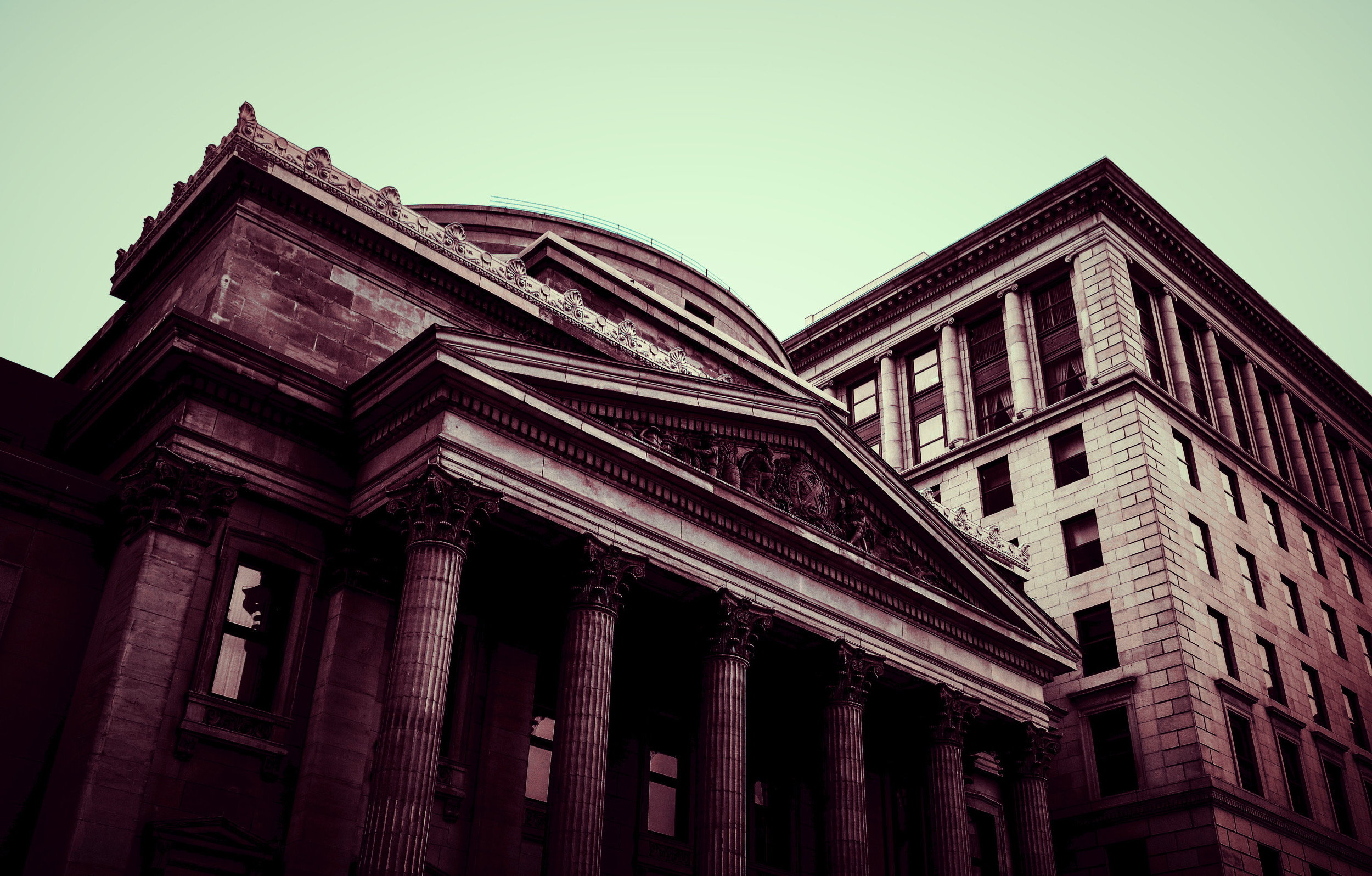One of the great financial failures to this point in time is that 12 million Americans are still using payday loan stores and more than 10 million Americans use a check-cashing service. An instant paycheck deduction almost entirely because that person lacks a bank account. Tens of millions of Americans aren’t given the right financial avenues to save money, let alone accumulate wealth.
47% of black households are underbanked or unbanked. That number is 20% for white families. Aside from the moral obligation to provide better financial services to people of color. There’s actually great opportunity here:
Our research shows that financial institutions could realize approximately $2 billion in incremental, additional annual revenue if black Americans had the same access to financial products as white Americans. If black Americans reached full parity in terms of wealth with white Americans, financial services companies could realize up to $60 billion in additional revenue from black customers each year.
McKinsey & Company
That’s not exactly pennies. I think we can all agree that the minimum financial service is a bank account. So here’s the idea.
Require lottery players to have a bank account in order to purchase lottery tickets.
A simple solution to a complex problem.
- 41% of black people play the lottery
- 61% of people in the lowest fifth of socioeconomic status play the lottery
- 53% of people in the second-lowest fifth of socioeconomic status play the lottery
- 48% of age 18-21 play the lottery
- 70% of age 22-49 play the lottery
You’ll find that this report shows the lottery hits all demographics, which stands to reason that it could be a feasible way of reaching a good portion of the unbanked population.
Now, I realize that State lotteries might not like the idea of implementing this hurdle and losing out on revenue while people figure out their banking system.
So start incrementally with the online lottery.
There are currently 6 states where you can play the lottery online – IL, MI, KY, GA, PA, NH. Additionally, apps like AutoLotto are working around regulations in order to offer online lottery playing to other states – they’re literally buying tickets manually when people order them.
Offer up a convenience to players countrywide (with the online lottery), but only if they show proof of a bank account. They wouldn’t necessarily have to connect their bank. But if they didn’t have a bank account, then the app would also give them worthwhile options for getting banked.
It’s an acquisition opportunity for financial services that are actually good for the unbanked population.
Yes, you’re forcing people’s hand, but for a good reason. Remember, the ultimate plan is to find a way to bank more citizens.
In order to bank black families, your marketing has to be very solid because financial services have already left a bad taste in their mouth.
Banks in black neighborhoods require customers to deposit an average of 60 percent of their paychecks to avoid fees or account closures, compared with just 28 percent in white neighborhoods—a consequence of both higher bank fees and lower incomes.
McKinsey & Company
As a result, many black households rely on alternative financial services, such as check-cashing services, payday loans, money orders, and prepaid credit cards, all of which typically charge high fees. Over the course of a financial life, those fees can add up to an estimated $40,000.
If I Were to Build This
I would start by partnering up with 3-4 banks and fintech companies – Cash App, Green Dot, Bank of America, etc. Using the beautiful data that McKinsey & Company already compiled, I’d build a deck that convinced these institutions to get involved and see the value. We’d cosign an initiative around educating the black underbanked, with a heavy focus on nontraditional marketing campaigns (the lottery idea, for example). We’d start in a small region, get proof of concept, and expand from there.
This is not a problem that requires major tech innovation. It’s education. It’s marketing. It’s building trust. It doesn’t have to be anything more than a third-party distribution network that grants access to financial services for the black underbanked.
Green Dot is making headway in this market. As is CapWay. But more optionality is always needed.
Uber is offering banking services to its drivers. For many, that could be their first bank account.
Do not overlook this opportunity. This is the making of the Digital Wallet, a personal financial headquarters for the masses, which as I’ve said before is the next great battle for Big Tech.
The Digital Wallet grants simple and universal access to making everyday transactions, accessing credit, holding insurance, planning for big goals or rainy days, and accumulating long-term wealth.
There’s so much financial opportunity (and moral obligation) to get the unbanked and underbanked into a better financial trajectory. But it’s going to take great marketing to do so.

1 comment
Comments are closed.